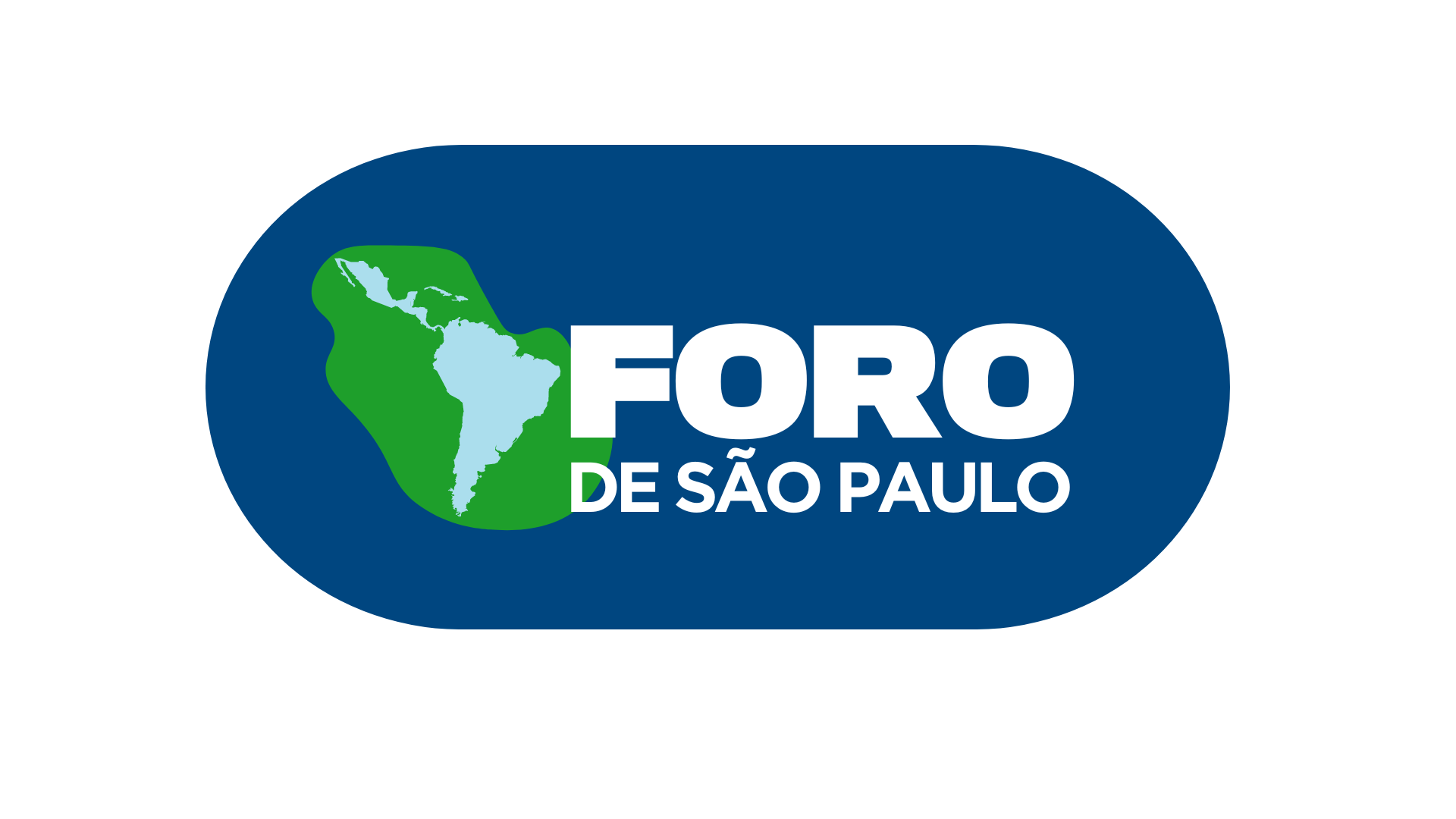Brief history of the São Paulo Forum
The São Paulo Forum was created in 1990, when political parties from Latin America and the Caribbean came together by invitation of the Workers Party (PT Brazil) to debate the new, post-fall of the Berlin Wall international setting and the consequences of the neoliberal policies that had been adopted by a majority of the region’s governments. The core proposal was to discuss a people-led and democratic alternative to neoliberalism, as this entered a phase of worldwide implementation.
The first meeting took place in the city of São Paulo, in July 1990, and succeeded in bringing together 48 parties and organizations representing a wealth of experiences and political and ideological backgrounds from all over Latin America and the Caribbean. That was the reason why, in the following Meeting, held in Mexico City in 1991, the name “São Paulo Forum” was adopted. At the same time there also arose the idea of working for greater hemispheric integration by exchanging experiences, addressing differences, and building consensus on the actions to be taken by the region’s left.
The subsequent Meetings reaffirmed the political will to continue to pursue this dialog between the many leftist traditions. Year after year, the political assessments made showed an increasing influence of the São Paulo Forum parties in the region.
Thus far, the trajectory of the São Paulo Forum has shown that it is possible to build new internationalist paths. One of the Forum’s main goals has been the pursuit of an alternative development model underpinned by social justice – the strides made towards this new development model have yielded a network of relations in which the exchange of ideas and experiences has become increasingly prolific and mutually advantageous. Another key goal has been the debate about regional integration, the evolution of the relations between our countries, and the various mechanisms created to deepen these relations.
The São Paulo Forum also keeps respectful relations with other initiatives bringing together Latin-American and Caribbean political parties, for example the Permanent Conference of Political Parties of Latin America and the Caribbean (COPPPAL), the Latin-American Socialist Coordination (CSL), and the Socialist International Committee for Latin America and the Caribbean (CALCIS).
Additionally, the São Paulo Forum is in ongoing dialog with the representatives of the hemisphere’s social movements and organizations, aiming at building common agendas and actions. We also support interchange and cooperation relations with social and political forces from other continents, and we have actively participated in several meetings of the World Social Forum, among other world and regional events.
